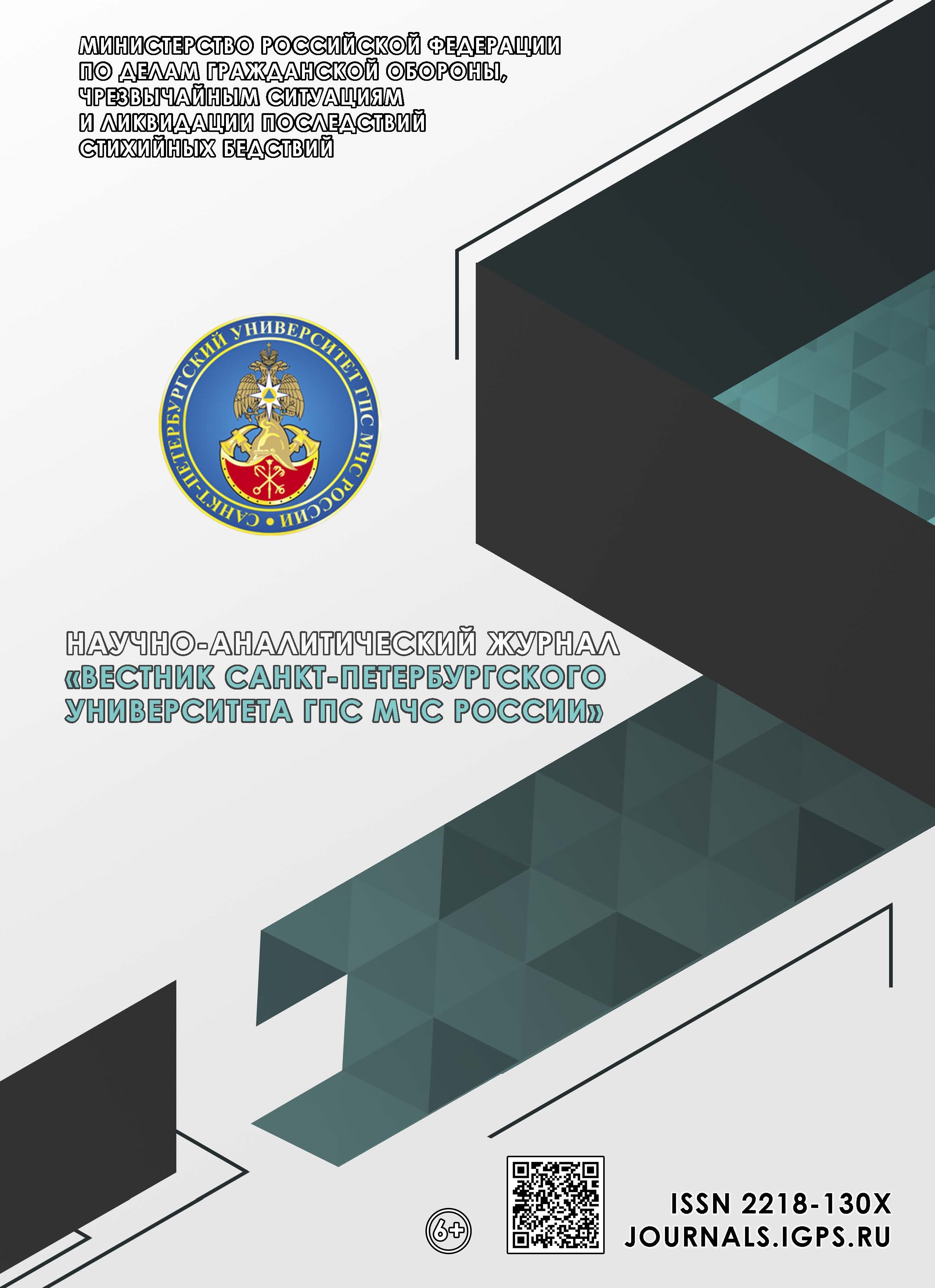Russian Federation
The paper presents a mathematical model for evaluating effectiveness when choosing a design strategy from multiple alternatives, providing comprehensive consideration of multi-criteria design solutions and the ability to quantitatively assess parameters. The model is based on an integral efficiency indicator that takes into account financial costs, time resources, and qualitative characteristics of projects. A mechanism for dynamic adjustment of weighting coefficients is proposed, allowing the model to adapt to changing project environment conditions. The application of the efficiency evaluation model is demonstrated using the example of designing an automated fire safety monitoring system. The use of linear normalization of heterogeneous Criteria and the analytic hierarchy process for determining weighting coefficients ensures mathematical rigor and reliability of the obtained results. The developed model is relevant for design organizations with increased requirements for system reliability and safety, including organizations developing solutions for EMERCOM of Russia.
multi-criteria analysis, efficiency evaluation, design organizations, decision support, design strategy, integral indicator
1. Faskhutdinova M.S., Larionova N.B., Lavrent'eva I.A. Prinyatie strategicheskikh upravlencheskikh reshenij v period cifrovoj ehkonomiki // Nauchnoe obozrenie: teoriya i praktika. 2020. T. 10. № 7. S. 1362–1374.
2. Kumar S., Singh D., Kumar P. A Comprehensive Review of Multiple Criteria Decision-Making (MCDM) Methods: Advancements, Applications, and Future Directions // Decision Making Advances. 2023. Vol. 1. № 1. S. 25–48.
3. Zhang L., Wei F., Yang M. Adaptive project strategy selection model based on dynamic environmental factors // Journal of Systems Engineering and Electronics. 2023. Vol. 34. № 3. S. 642–651.
4. Borzykh N.Yu. Model' ocenki ehffektivnosti mnogokriterial'nogo vybora strategii proektirovaniya proektov v organizacionnykh sistemakh // Sovremennye tendencii i prakticheskie resheniya v nauke: sb. statej Mezhdunar. nauch.-prakt. konf. M.: Mezhdunar. centr «Novye nauchnye issledovaniYA», 2024. S. 12–19.
5. Omar M.F., Nawi M.N., Nursal A. Decision Support Framework: A Review Study of Building Information Modelling (BIM) Software Selection in Construction Project Management // Advances in Environmental Biology. 2014. Vol. 8. S. 54–57.
6. Zwikael O., Meredith J. Evaluating the Success of a Project and the Performance of Its Leaders // IEEE Transactions on Engineering Management. 2019. Vol. 67. № 5. S. 1090–1102.
7. Borzykh N.Yu. Algoritmizaciya vybora strategii proektirovaniya na osnove postroeniya kompromissnykh reshenij // Sibirskij pozharno-spasatel'nyj vestnik. 2023. № 4. S. 85–90.
8. Kalach A.V., Smolenceva T.E., Borzykh N.Yu. K voprosu vybora kriteriev pri proektirovanii korporativnykh informacionnykh sistem // Vestnik Voronezhskogo Instituta FSIN Rossii. 2022. № 4. S. 72–75.
9. Podderzhka prinyatiya reshenij po preduprezhdeniyu i likvidacii posledstvij chrezvychajnykh situacij na osnove nechetkogo metoda strukturirovaniya informacii / E.M. Gerasimenko [i dr.] // Izvestiya Yuzhnogo federal'nogo universiteta. Tekhnicheskie nauki. 2023. № 2. S. 201–212.
10. Lu W., Chen K., Xue F., Pan W. Searching for an optimal level of prefabrication in construction: An analytical framework // Journal of Cleaner Production. 2018. Vol. 201. S. 236–245.
11. Masloboev A.V., Cygichko V.N. Ocenka ehffektivnosti sistem podderzhki prinyatiya reshenij situacionnykh centrov. Chast' 1. Analiz informacionnoj struktury upravleniya // Informacionnye sistemy i tekhnologii. 2020. № 5. S. 68–76.






